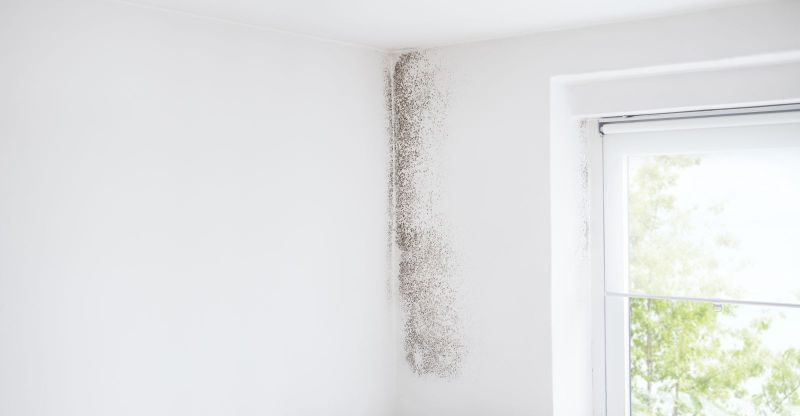Mold is a common issue that homeowners face, especially in humid climates or after water damage incidents. It's not only unsightly but can also pose health risks if left untreated. Unfortunately, there are many myths and misconceptions surrounding mold damage that can lead to confusion and potentially harmful decisions. In this article, we'll debunk these myths and provide you with essential information to help you better understand mold damage.
Myth 1: Mold Is Harmless
One of the most dangerous myths about mold is the belief that it's harmless. Mold is not just an eyesore; it can have serious health implications. Exposure to mold can lead to various health problems, including respiratory issues, allergies, skin irritation, and even infections. Vulnerable individuals, such as the elderly, children, and those with compromised immune systems, are particularly at risk.
Myth 2: All Mold Is the Same
Not all molds are created equal. There are thousands of different mold species, and some are more dangerous than others. While some molds may only cause mild allergic reactions, others can produce mycotoxins that are harmful to humans and pets. Stachybotrys chartarum, often referred to as "black mold," is a particularly concerning type due to its potential health risks.
Myth 3: Bleach Kills Mold Completely
Many homeowners believe that using bleach is an effective way to eliminate mold. While bleach can remove surface mold temporarily, it does not address the root of the problem. Mold often grows beneath surfaces and within porous materials, making it difficult to eradicate entirely with bleach. Moreover, bleach fumes can be harmful to your health when used in enclosed spaces.
Myth 4: Mold Can't Return Once Removed
Mold spores are persistent and can easily return if the underlying moisture issue is not resolved. Simply removing visible mold is not enough to prevent its comeback. To effectively address mold, it's crucial to identify and fix the source of moisture that allowed it to thrive in the first place.
Myth 5: Mold Is Only a Problem in Older Homes
Mold can affect homes of any age. While older homes may be more susceptible to mold due to wear and tear, newer homes can also develop mold problems if moisture issues are not properly managed. No home is immune to mold if the conditions are right for its growth.
Myth 6: DIY Mold Remediation Is Sufficient
Attempting to remove mold yourself can be risky and often ineffective. Mold spores can become airborne during cleaning, increasing the risk of inhalation. Incomplete mold removal can lead to regrowth and further damage. It's best to consult with professionals who have the expertise, equipment, and safety measures to handle mold remediation safely and effectively.
Myth 7: Mold Is Only a Cosmetic Issue
Mold not only damages the aesthetic appeal of your home but also the structural integrity. It can weaken materials like wood and compromise the strength of walls, ceilings, and floors. Ignoring mold damage can lead to costly repairs down the road.
Myth 8: Mold Is Only Found in Wet Areas
While mold thrives in damp environments, it can also develop in areas with high humidity levels. Bathrooms, kitchens, basements, and crawl spaces are common mold hotspots, but mold can appear in unexpected places if humidity levels are elevated.
Myth 9: Mold Testing Is Unnecessary
Homeowners may hesitate to invest in mold testing, believing they can identify mold by sight or smell. However, not all mold is visible or has a noticeable odor. Mold testing by professionals can accurately determine the type and extent of mold infestation, helping you make informed decisions about remediation.
Myth 10: Mold Will Go Away on Its Own
Mold will not disappear without intervention. Without addressing the underlying moisture issue and thoroughly removing the mold, it will continue to grow and potentially cause more extensive damage.
Understanding the facts about mold damage is essential for protecting your home and health. Don't fall victim to these common myths. If you suspect mold in your home, seek professional mold remediation services to ensure it is safely and effectively removed. Remember that prompt action is crucial in preventing further damage and health risks associated with mold.

